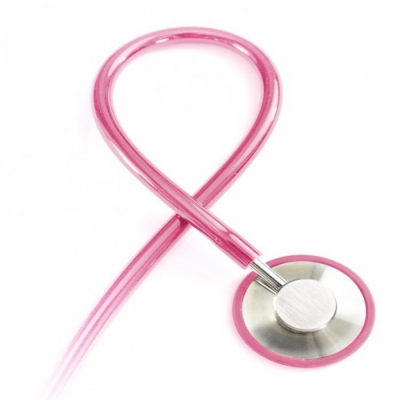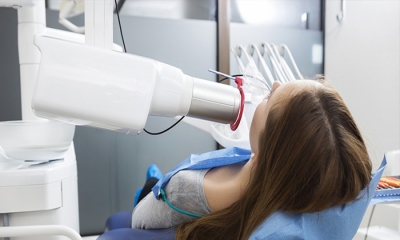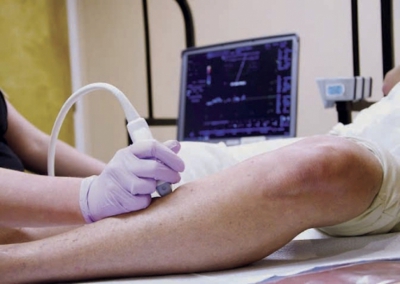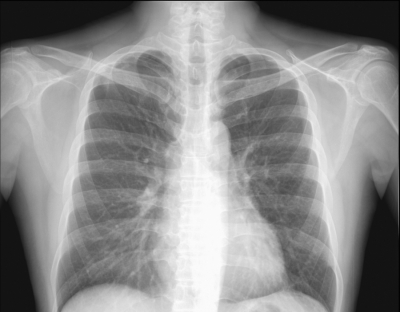Methods and Materials:
Sixty mesiobuccal roots of maxillary molars with 15-30˚ curvature were divided randomly into four groups (n=15). Each group was instrumented up to apical size of 25 using Reciproc, ProTaper Universal, Neolix and Hyflex. Bidistilled water was used as irrigant and extruded debris was collected in pre-weighted Eppendorf tubes. Tubes were stored in incubator for drying the debris. Extruded debris were weighted in electronic microbalance with accuracy of 0.0001 g. The raw data was analyzed with one way analysis of variance (ANOVA) and Tukey’s HSD post hoc test. Level of significance was set at 0.05.
Results:
The debris extrusion with Reciproc files was significantly higher than the other groups (P<0.05). Hyflex significantly extruded less debris than other files (P<0.05). There was no significant difference between ProTaper Universal and Neolix regarding the amount of extruded debris (P=0.98).
Conclusion:
All systems extruded debris during the instrumentation. Reciproc system significantly extruded more debris. Caution should be taken when interpreting the results of this study and applying it to the real clinical situation.






